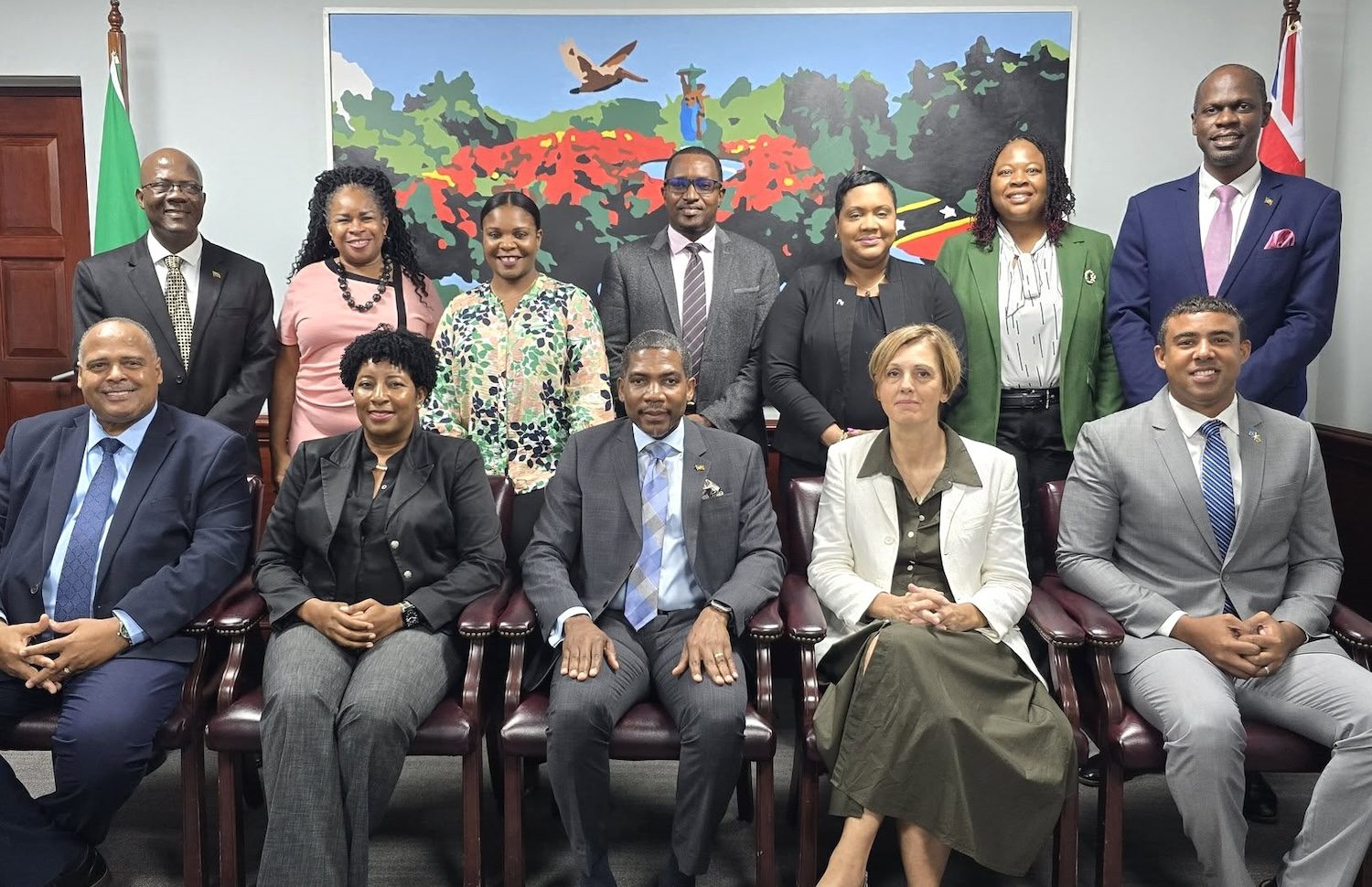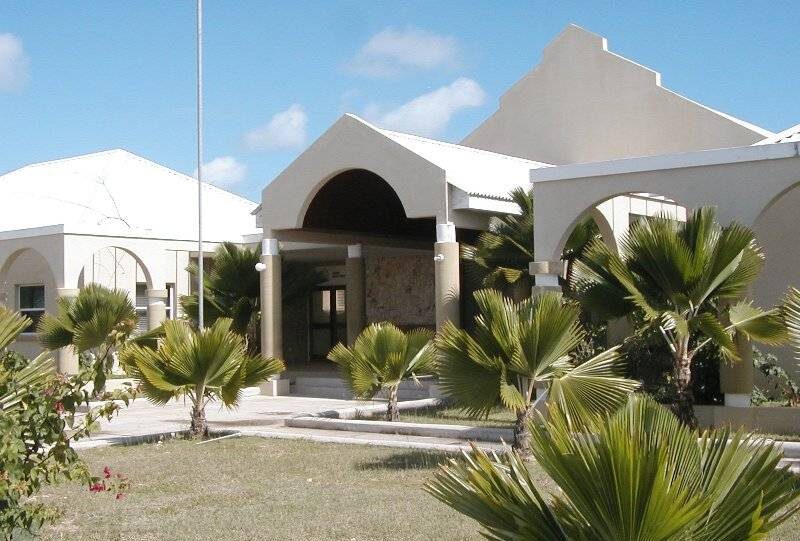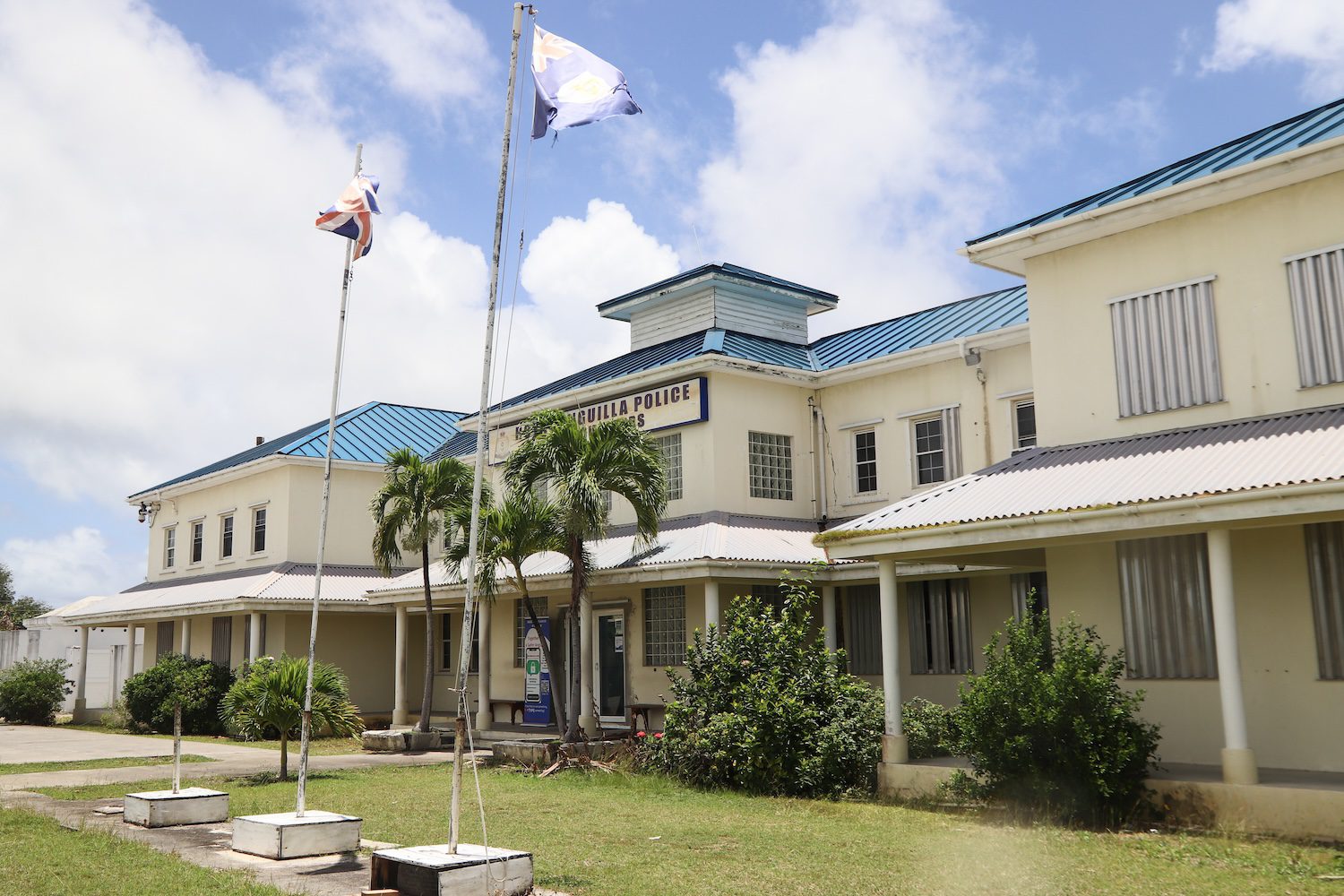A high level delegation from Anguilla travelled to St Kitts and Nevis this week to gain insight into the country’s acclaimed crime prevention strategy.
Premier Cora Richardson-Hodge led the mission, accompanied by Governor Julia Crouch, Leader of the Opposition Ellis Webster, Superintendent Shem Wills, and other key officials.
The team met with St Kitts and Nevis’ prime minister Terrance Drew on 14 July who presented his government’s approach of treating crime and violence as a public health emergency.
“We address prevention, intervention and rehabilitation with the same rigour, while strengthening our justice system to send a clear message of accountability,” Dr Drew said in a press release.
The strategy which was implemented in August 2024 has been credited with a 75% decline in violent crime and the lowest homicide rate in over 25 years.
An acclaimed strategy
St Kitts and Nevis has integrated mental health professionals, expanded addiction treatment, and embedded evidence-based education programmes in schools with trained police support.
As part of the strategy, the country formed a mental health committee linking public and private psychiatrists, psychologists and counsellors to better support vulnerable people.
Recognising the connection between addiction and crime, the government also expanded its Drug Counselling Centre and adopted a national addiction strategy just two months ago.
Youth-focused interventions now reach schools across the islands, using proven models adapted from the United States to reduce criminal behaviour before it begins.
And St Kitts and Nevis’ new citizen security framework prioritises psychosocial support, aiming to intervene early and view each person as more than just a potential offender.
Regional collaboration
The prime minister highlighted how criminals frequently move between islands such as Anguilla and St Kitts, exploiting border gaps to evade law enforcement efforts.
He emphasised that effective regional collaboration is essential to closing these loopholes and successfully disrupting organised crime networks operating across the Caribbean.
“We can’t do it alone. Criminal networks cross borders, so our intelligence must too,” he said, urging a united approach.
Dr Drew reaffirmed his strong commitment to Caribbean solidarity as a cornerstone in tackling crime throughout the region.
“Why reinvent the wheel? Let’s learn from each other’s best practices. For a Caribbean problem, we need a Caribbean prescription,” he said.
Key meetings
Later in the day, the delegation met with senior law enforcement officers and national security officials for discussions on policing methods, emerging technologies and intelligence sharing.
They also visited Governor General Dame Marcella Liburd, who presented gifts to the delegation and welcomed the spirit of regional cooperation.
A final roundtable involved local police, community workers and representatives from the ELEVATE programme, discussing trust-building, community partnerships and officer training.
Anguillian officials praised St Kitts and Nevis for its data-led, compassionate strategy, and expressed interest in adapting its core elements to suit Anguilla’s context.
The visit reflects a growing Caribbean movement towards regional problem-solving and shared solutions for complex social challenges such as crime and violence.





